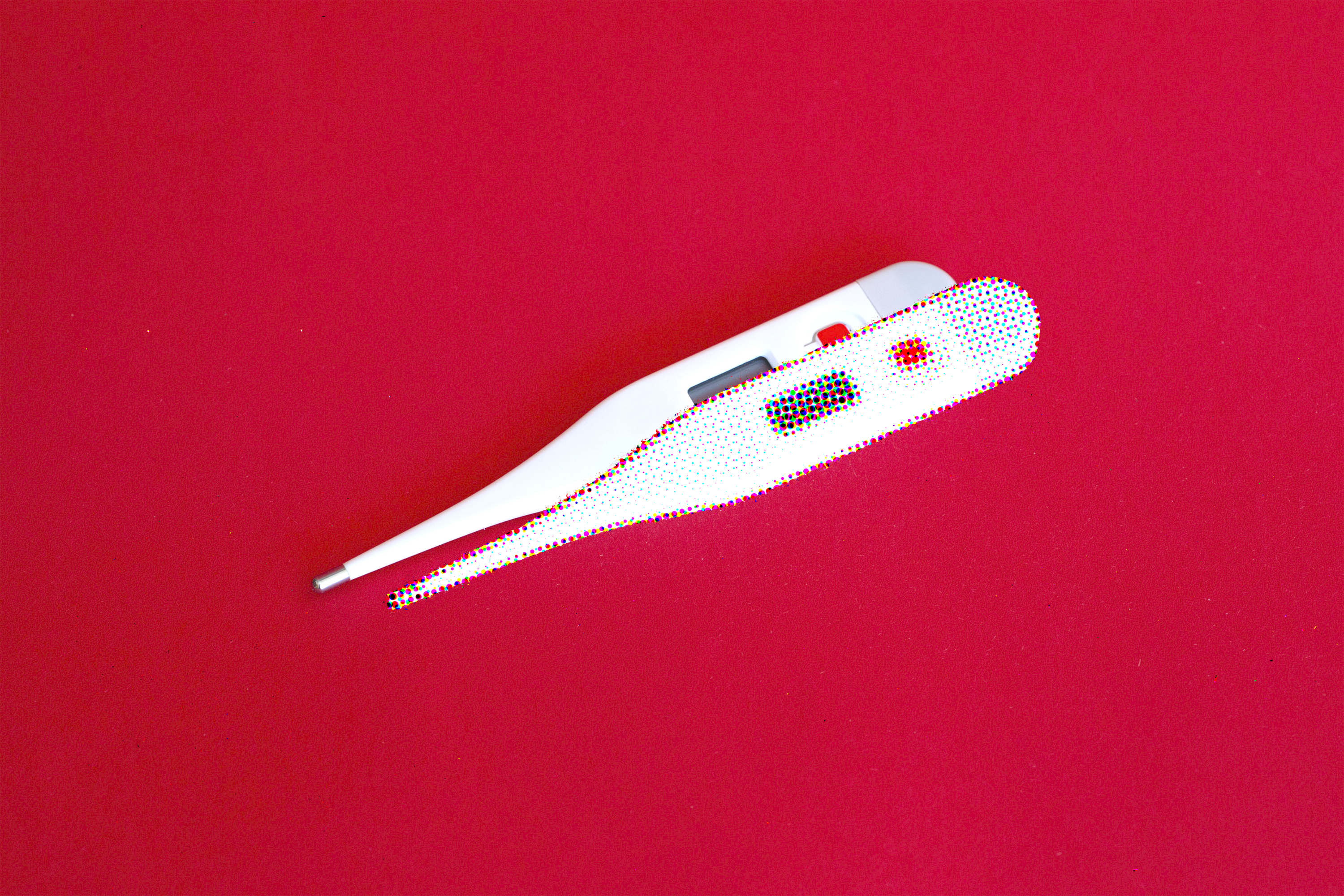The ongoing coronavirus pandemic is not the first time the world has faced a global health issue. For example, we remember the outbreak of HIV and AIDS in the 1980s and 1990s, the Black Death of the 14th century, and the Spanish flu pandemic in 1918. The consequences of them include the improvement in dietary and hygienic conditions after the black plague, or the increased use of condoms since the onset of the HIV epidemic.
Unlike the previous events, technology played a significant role in this pandemic, both on individual and government level. For example, people have joined the effort to use 3D printers to produce masks or ventilators, or governments are using technology to monitor the spread of the disease, diagnose cases, or prevent contagion.
To explore these topics, I talked with Dr. Guido Giunti, adjunct Professor of Digital Health Design and Development at the University of Oulu, and medical doctor specialized in mHealth solutions for patients with chronic conditions.
How long do you think the consequences of this pandemic will last?
“I honestly think that the consequences of this period are going to echo for a very long time. Even if we don’t pay attention to the actual number of deaths, the sheer scale of this situation is comparable to a world war.
Of course, at some point we will regain some level of normalcy, but it is very clear to me that we will be talking of a pre-COVID19 and post-COVID19 era. It’s true that some countries are or were more developed than others, but this situation is forcing lots of changes to happen in a very little time.”
Is it reasonable to expect a similar event in the near future?
“If you mean a pandemic of this scale, it will depend entirely on what the world looks like once we finish this transition process. I think that the cultural and societal changes that this will bring are very difficult to envision at this point. I certainly think that governments and health authorities will likely implement new measures regarding travel and safety protocols to reduce the chances of this kind of thing happening again. Probably a more careful look on biological agents and controls like that for points of entry. Maybe the healthcare system will have better alarms thanks to digital technologies and AI.
However, it is impossible to have something that it is completely future-proof. You are only always 100 % ready to defeat the last attack you got.”
How do you think the pandemic will affect public health policies?
“It’s very likely that healthcare systems will face some level of restructuring. Situations like this show you that healthcare, welfare, and wellbeing are tied very closely together.
Declaring a lockdown in a region impacts the economy and if your population can’t be reassured that they will have a job or be able to pay rent when the dust settles, at some point people are going to disagree with your health policy, even if you are saving thousands of lives.”
Switching to the use of technology, there have been some events related to using it to overcome the pandemic. Do you think this situation will promote similar events in the future?
“Absolutely. What we are seeing is something unique in the sense that here we have a cause that is tangible, concrete, and unifying. And more importantly, there aren’t that many things we can do about it directly. I think that this plays a vital part because we are not used to feeling so vulnerable and that triggers the willingness to act. So, you start thinking, what can I do to help, what can I do to regain control, what can I do to survive. Whether you want it or not, you are thinking about your own health or the health of your loved ones. This is a huge motivator and has sparked amazing things like 3D printing projects, hackathons, donations, distributed teams, etc.”
What do you think about how governments use technology to fight COVID-19? Did something in particular catch your attention?
“We are seeing very interesting developments in this regard. In the early phases of the pandemic, governments were using technology mostly to get a sense of where cases were appearing and providing basic information. In Taiwan, they integrated national health insurance databases with immigration and customs data to generate real-time alerts during clinic visits to help identify cases. There are whole areas regarding privacy and even the ownership of user-generated data that we don’t know much about from policy and regulatory perspectives which are brought into light because of COVID-19.
Health systems have quickly developed conversational agents (chatbots) to speed up triage lines, re-schedule appointments, and generally, provide information to keep people away from hospitals. There is a downside to these things though, because chatbots are still limited in their ability to recognize safety-critical prompts. Just labeling a chatbot as “COVID-19 specific” won’t stop people from asking about other health things or try to get help. Imagine what happens if someone types “I want to kill myself” and the bot simply tells them “I’m sorry, can you rephrase that?” over and over again.
Now, as far the situation has evolved, the focus is more and more on contact tracing through apps with the idea of tracking people and segmenting the population.”
Based on the use of technology by countries like the Czech Republic, Singapore or South Korea, do you think that in the future technological safety protocols will be used to monitor the health of individuals?
“Definitively. The specifics will change and vary according to how each country and culture has “survived” this global ordeal. COVID-19 is a world changing event, it will ripple through in many ways. There are steps that we took, and are still taking right now, to control this thing that we will certainly end up discovering new uses for. That is, when we get a chance to look back at them with a different perspective.
We have the chance to stop talking and start acting on the vision of the future of healthcare. Healthcare systems that are enhanced by technology which can, hopefully, be more humane. Every step makes a footprint, let’s make our steps into this new world count.”
Read the other parts of the series: Part I: Economy, Part II: Education, Part IV: Environment and living, Part V: Culture.


